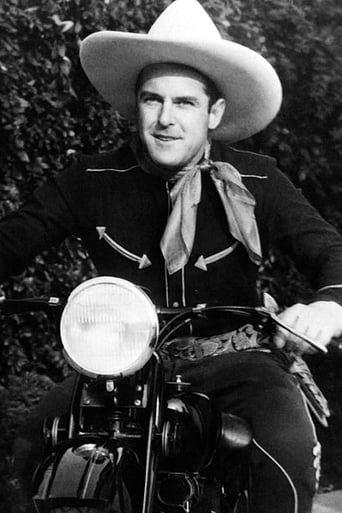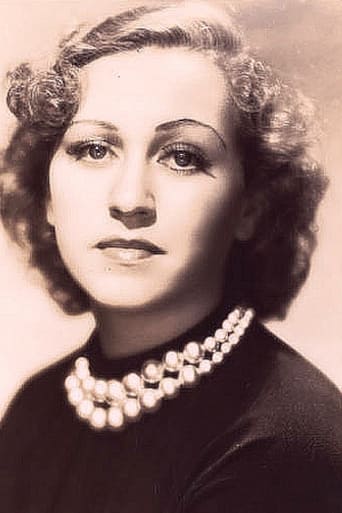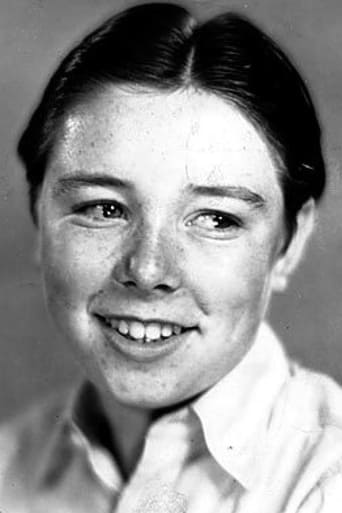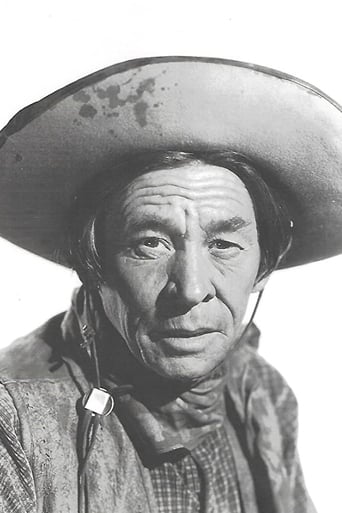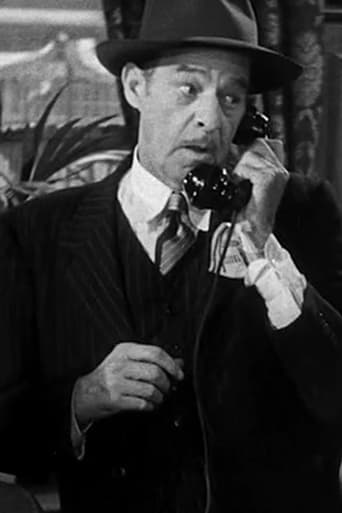MartinHafer
I have no idea why this film is called "Drum Taps". All I know is that it's pretty much a formula picture starring Ken Maynard. It begins with some henchmen trying to force Grandpa off his land. Fortunately, his granddaughter (Dorothy Dix) escapes and gets help. When Ken Maynard shows up to save the day, he takes on two men with absolutely NO help from Grandpa--who just stands there when our hero is fighting to save him! Thanks, Gramps! By the way, late in the film an identical situation arises and Dix just stands there when Maynard comes to save her! I HATE this cliché, as only total idiots would just stand there--one of them SHOULD have bonked one of the baddies on the head with something to help the hero! The film all boils down to the same plot you'll find in 1834234 other westerns--a greedy bad guy who wants everyone's land AND wants to rustle everyone's cattle. No major surprises here EXCEPT the inexplicable addition of a troop of Boy Scouts who help Ken in his task of defeating the forces of evil as well as one of the most ridiculously complicated murders in film history! Not a terrible film--just not a very good one, either.By the way, if you get a chance, read the IMDb biography on Ken Maynard. I honestly cannot recall a bio as negative as this one and it definitely holds no punches!
John W Chance
For those of us here in the future far removed from 1933, Ken Maynard as a Western hero is primarily of interest because of the way he interacts with horses. He had been a trick rider before making movies, and his natural ease around horses, and his skill in mounting, riding and seemingly merging his body with that of a horse, set him far apart from the whole class of 'actors-on-a-horse' movie characters.That's about it for the value of this movie. The story is wafer thin-- basically the capture and rescue of 'the prairie flower,' the cattleman's daughter, Eileen Carey (played by Dorothy Dix, with immense eye make up left over from epics of the teen years). Slow pace; poor direction by J.P. McGowan (veteran director of over 242 films) and an extreme low budget (a single room does triple duty set-wise as the homes of the cattleman, the villain and of 'Indian Joe'). What a sad come down after Ken's previous film, "Tombstone Canyon" (1932) with its exciting literal cliff hanging ending.The other high points of the film include seeing 17-year-old Frank Coughlin, Jr. as Ken's nephew and a young Boy Scout. He has a few lines of dialogue; you can hear his unmistakable intonation, so much a part of his starring role (at 25) as Billy Batson in the wonderful serial "The Adventures of Captain Marvel" (1941). Kermit Maynard (Ken's real brother) plays Frank's father, the Scout leader, and Ken's brother. We get to see Boy Scout life of 1932, some interesting camera shots from the floor during two of Ken's fights, and one shot through a fence, but that's about it.Ken is also noted for how much actors, directors and crew hated Ken off screen. You can check his IMDb bios for all the details, but there was nothing in evidence during this film of his obnoxious nature.Just great horsemanship! For that, the movie gets a 3.
